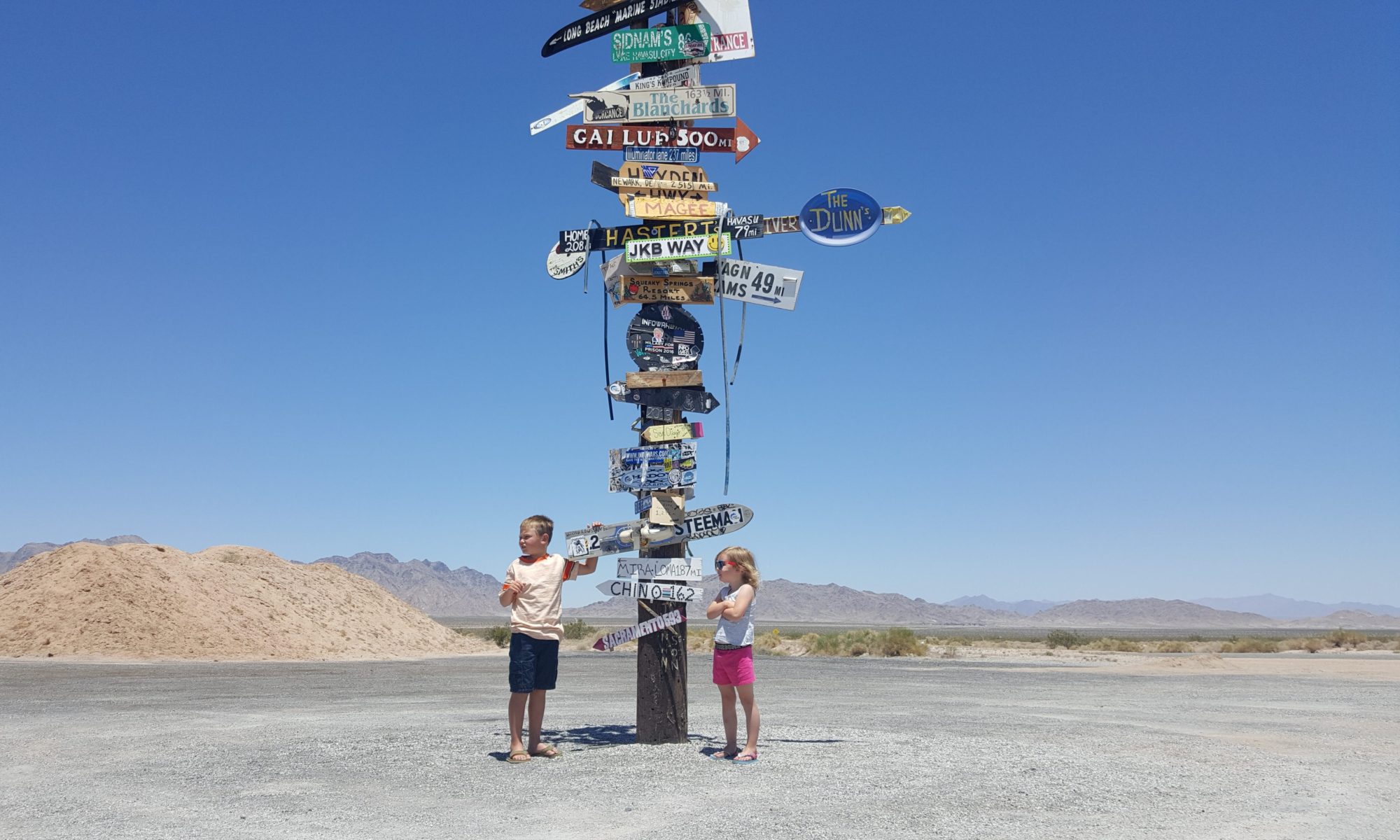Before Moses’s time, the details about the history of the world was passed down by word of mouth. That is the reason that other nations had stories like the Bible accounts, but they weren’t exactly the same. Genesis is about the beginning of creation, the beginning of mankind, the beginning of sin, the beginning of redemption, and the beginning of a nation. The best and easiest outline to remember I have found was devised by C. H. McIntosh in his study of Genesis:
- 1A. Four Main Events, Chapters 1-11
- 1B. Creation
- 2B. Fall
- 3B. Flood
- 4B. Babel
- 2A. Four Main People, Chapters 12-50
- 1B. Abraham
- 2B. Isaac
- 3B. Jacob
- 4B. Joseph
The theme of Genesis is the beginning of God’s two covenants with mankind. The first is discussed in Genesis 2 where the account of the creation is reviewed in the order of importance whereas Chapter 1 dealt with the chronology of creation. In Chapter 2, we see the importance of man at the forefront of the story because he was the only part of creation made in the image of God. He was created to have a relationship with God that was distinct from everything else. God created a garden for the man to live in, tend (work), and enjoy the fruits, nuts, berries, and whatever else was there, but God placed a limit on man’s freedom by telling him he could not eat the fruit of one particular tree that He called the tree of the knowledge of good and evil; this was God’s Covenant of Works He made with man where he was told “if you obey me, you will live forever, but, if you don’t, you will die”. Soon after placing man (Adam) in the garden, God took from Adam part of his chest (bone and flesh) and made a woman to be with the man as his companion and helper, and God told them to be have children and fill the earth with their family. What we are not told is how long Adam and Eve lived in the garden and how many children they had before they broke God’s covenant. The Bible doesn’t tell us many things; it tells us enough to know that God put us here to have a relationship with us and the basis of that relationship.
In Chapter 3 of Genesis, we find the story of how Adam and Eve broke the Covenant of Works. We see the introduction of another creature created by God who was an angelic being but who decided he wanted to challenge God for His throne. While Eve was the first to eat the forbidden fruit, she was never held responsible for the results of their sin, but Adam was. Perhaps that is because the Bible does not tell us that God told her what the condition of the covenant was. Chapter 2 only tells us that God told Adam that condition; it appears it was his responsibility to tell Eve what God had said. I can imagine that one day Eve saw the tree and asked about its fruit; Adam may have replied “We can’t eat it, in fact, don’t even touch it or we will die”. That may be why Eve gave that response to Satan when he asked her about the fruit. But Eve did touch the fruit, and when nothing happened, she took a bite of it and gave it to Adam to try. When Adam ate the fruit, he and Eve realized their relationship with God had been broken and their eyes were opened to the reality of what they had done.
Chapter 3 goes on to tell us that God chose not to destroy them when they broke His first covenant but that He made a second covenant with them. The Covenant of Grace was established when God explained what the rest of history with mankind would be about and this covenant was established by death, the death of animals, and the covering of Adam’s and Eve’s bodies with the skins of those animals. The animals substituted for the deaths of Adam and Eve, at least for the time being, but it represented that God still wanted a relationship with them. It then became their responsibility to teach their children how their relationship with God was broken and what God did to reinstate that relationship. From that time on, the story was handed down by word of mouth as far as we know. Some people chose to accept God’s covenant, and some didn’t. Finally, God chose Abram (later called Abraham) and his descendants to carry that story to the rest of the world.
